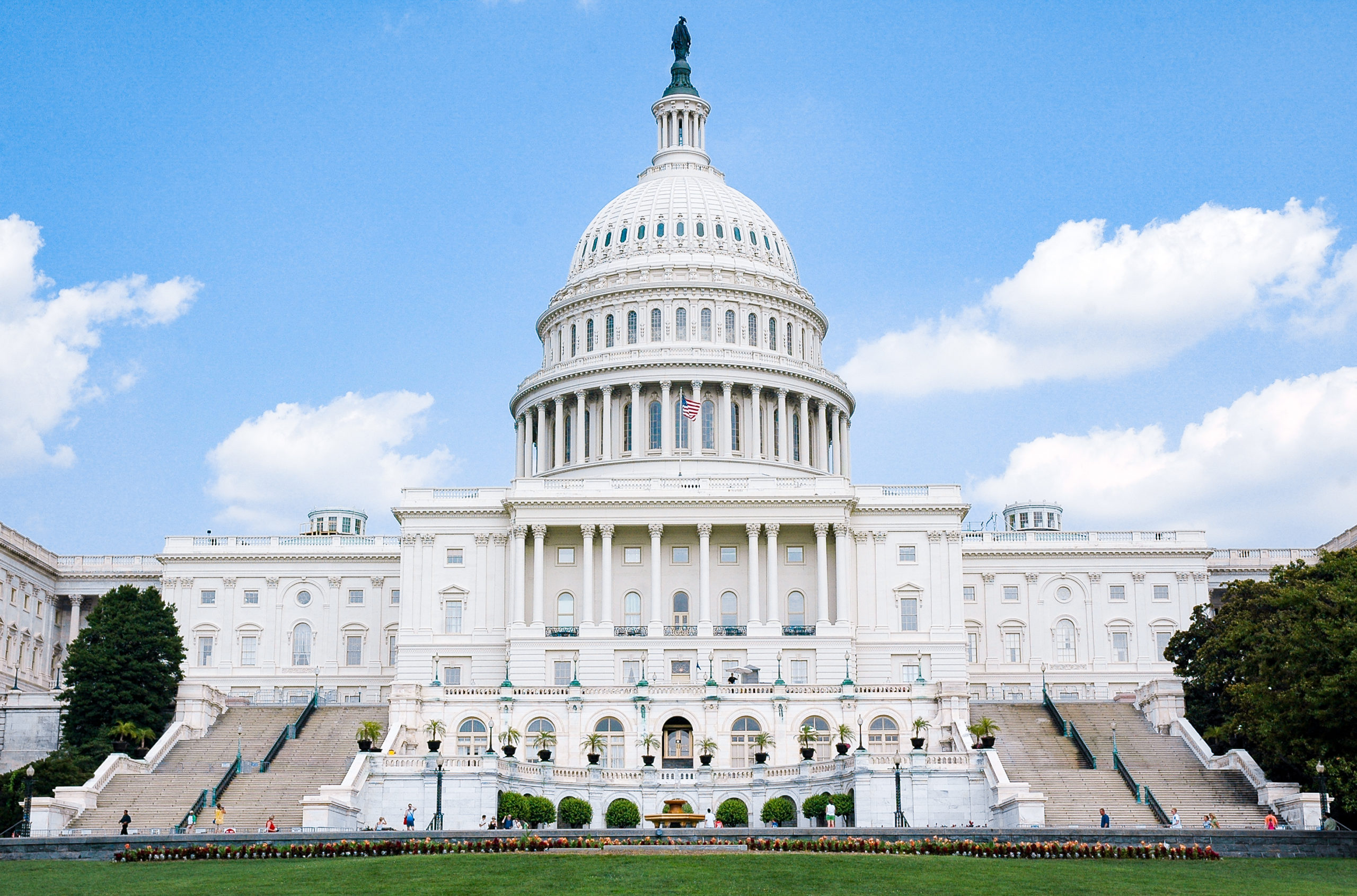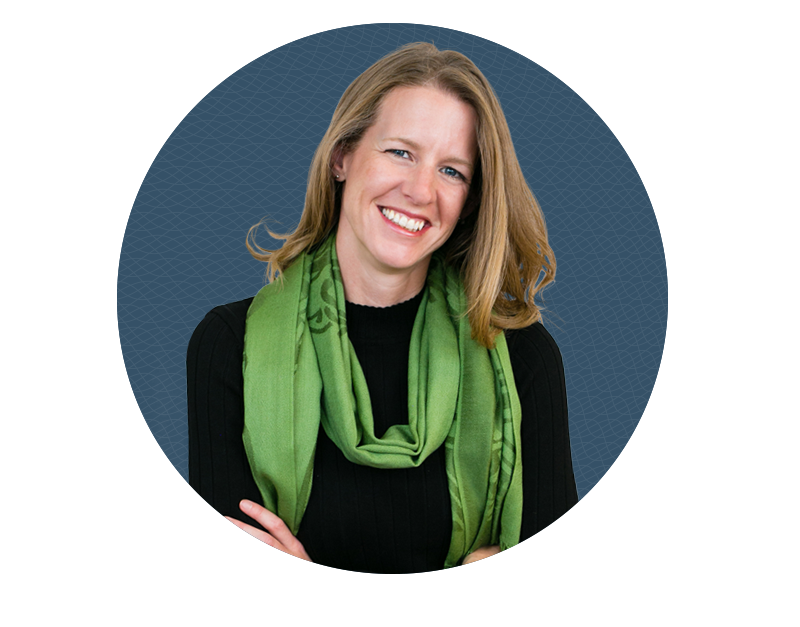The SECURE Act 2.0, a follow up to the SECURE Act of 2019, was introduced in 2020 and would make some significant changes and create new incentives for retirement savers. Its key initiatives would delay required minimum distributions (RMD), encourage employees to save more and start saving earlier, and lower retirement plan costs for small businesses. Here are the notable proposed measures and how they could affect you.
Encourage People to Save More
Mandatory auto-enrollment for new retirement plans
New 401(k), 403(b), and Simple IRA plans must use automatic enrollment. Participants would be automatically enrolled with a pre-tax contribution of 3% of pay, increasing 1% annually up to 10%. Employees can opt out at any time but are likely to save more when automatically enrolled. The rule would only apply to new plans, not to existing plans.
Boost in the Saver’s Credit
SECURE Act 2.0 would increase this tax credit to 50% of your retirement contribution, with a $1,500 cap. It also removes income limits, increasing the number of taxpayers who qualify for this benefit.
Increase catch-up contributions
Those age 50 and older can already contribute an extra $6,500 to a 401(k) or $3,000 to a Simple IRA. The SECURE Act 2.0 would raise the 401(k) limit to $10,000 and the Simple IRA limit to $5,000 for participants ages 62 to 64.
Matching contributions for student loan payments
For younger savers, paying student loans often means missing out on retirement savings, including matching contributions they could have received. SECURE 2.0 would allow employers to make matching contributions tied to student loan payments, giving them a jump start on their future. Because these employees are likely to be in the non-highly compensated group, this provision could also help meet nondiscrimination testing, allowing increased savings for business owners.
Improve Retirement Plans
Required minimum distributions (RMD) delayed or eliminated, late penalties reduced
The SECURE Act increased the RMD age from age 70.5 to 72. The SECURE Act 2.0 increases the distribution age to 73 in 2022, to 74 in 2030, and 75 in 2033. Additionally, those with less than $100,000 in retirement savings would be exempt from RMDs entirely.
The 50% penalty for failure to take a required distribution would be reduced to 25% and further reduced to 10% if corrected in a timely manner.
Roth option for employer matching contributions
Employees who prefer tax-free Roth accounts would now have the option to receive employer matching contributions in their Roth account. Currently, Roth 401(k) plans only allow employee contributions and matching contributions are always made pre-tax.
Roth option for SIMPLE IRA and SEP IRA plans
SECURE Act 2.0 would let SIMPLE IRA and SEP IRA plan participants make Roth contributions, expanding Roth access to more small businesses. These plans currently only offer pre-tax savings.
Financial incentive for small businesses to offer retirement plans
Small businesses currently qualify for a three-year 50% tax credit up to $5,000 to cover administrative costs of starting a new plan. The proposed bill increases the credit to 100% of administrative costs the first year of establishing the plan.
The bill passed the House on March 29, 2022 and is expected to be passed by the Senate. Although this bill is still working its way through Congress, it is expected to be passed as a standalone bill or part of the overall federal budget. And, as with any new retirement laws, it will create new strategic opportunities for your planning!
Sources – Ways and Means Committee, Center for Retirement Research
The “Alterra” name was coined by joining the Latin roots “alter”, the origin of the word “altruism” with “terra” meaning earth or land. This name reflects the company philosophy of “clients before profits” and providing firmly grounded advice.

